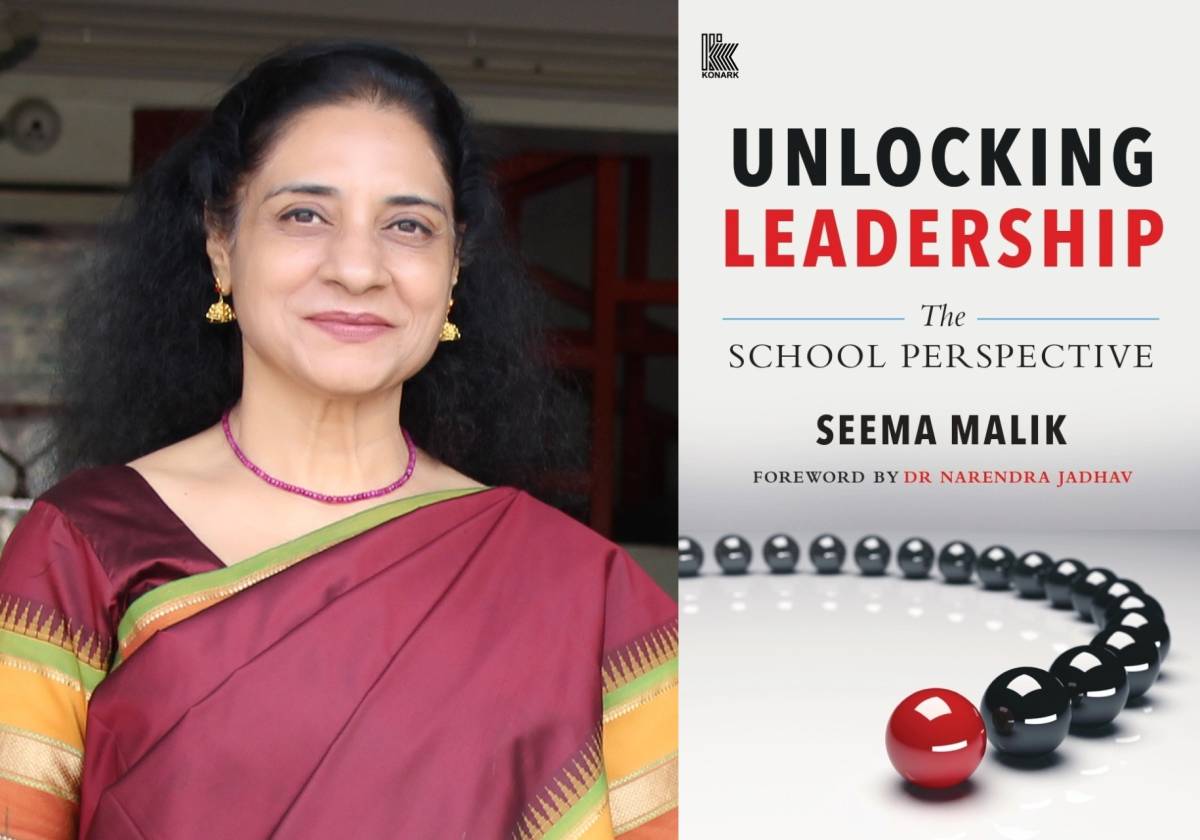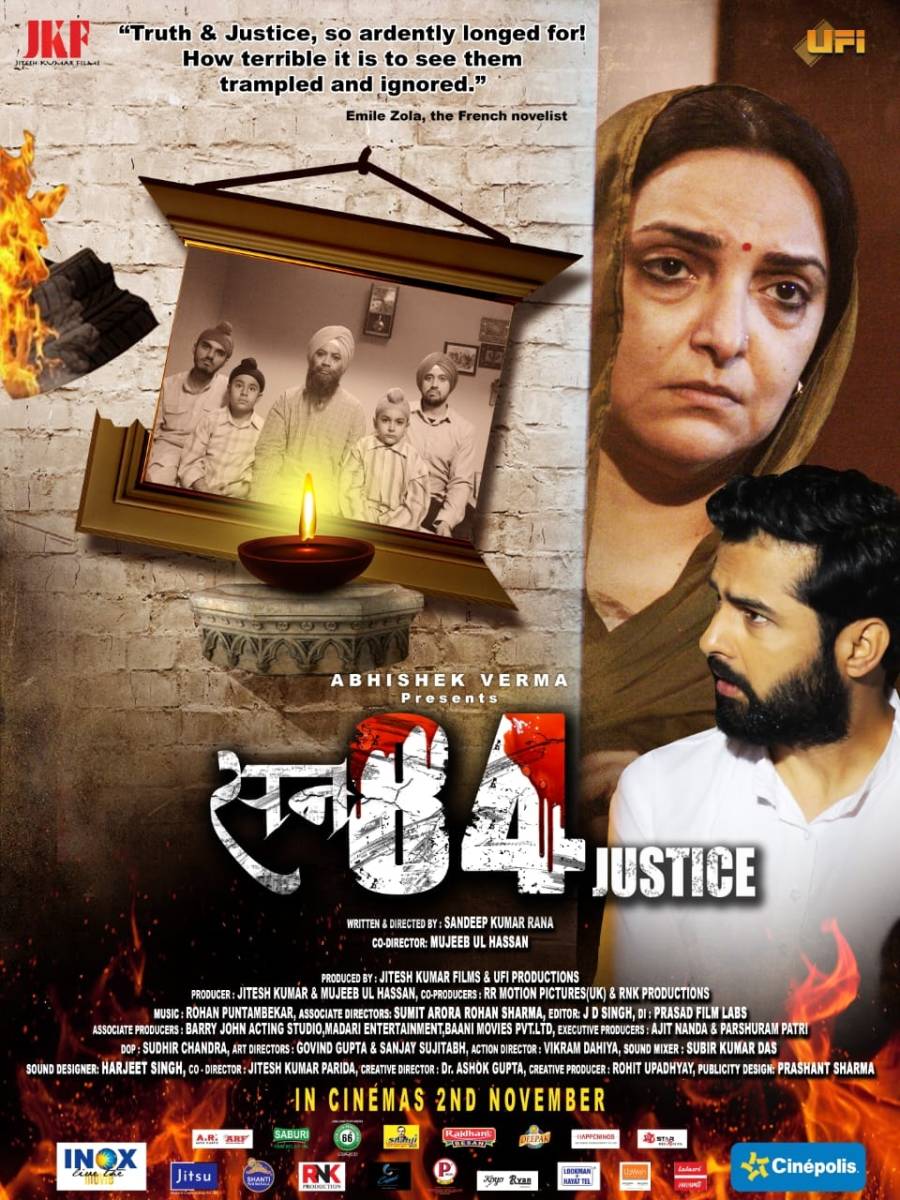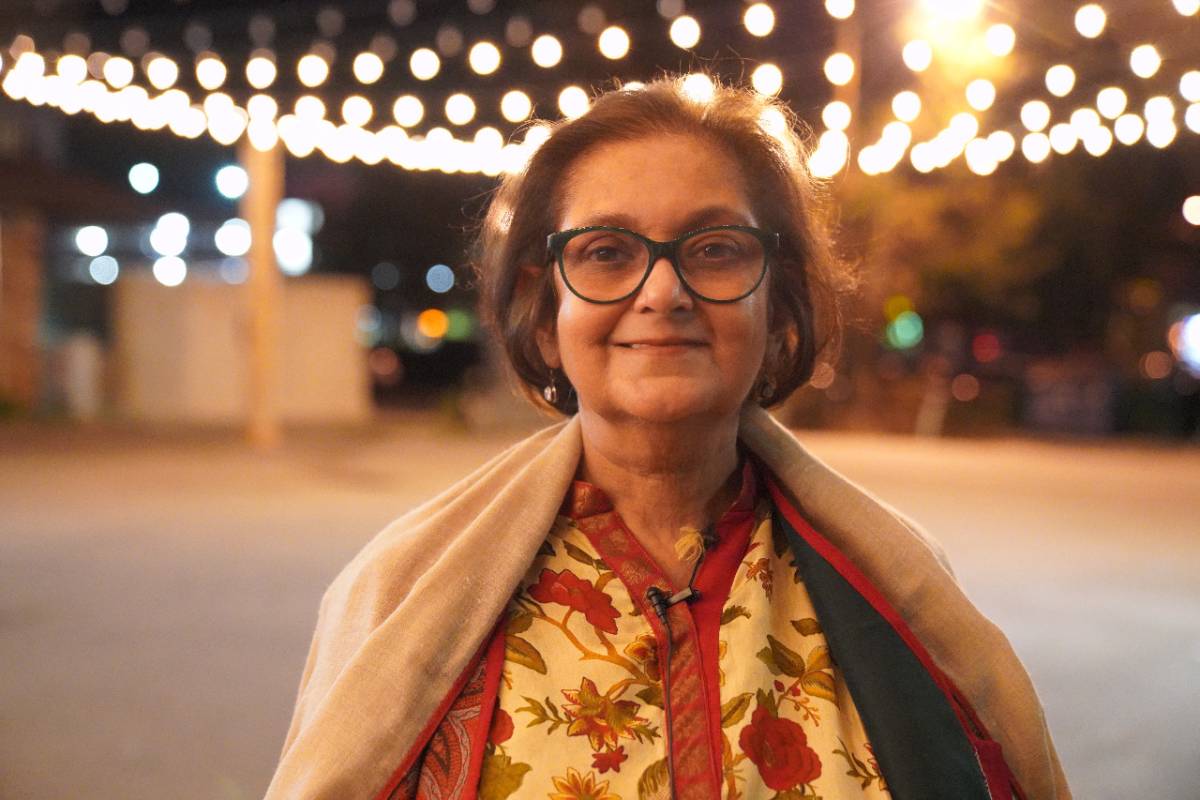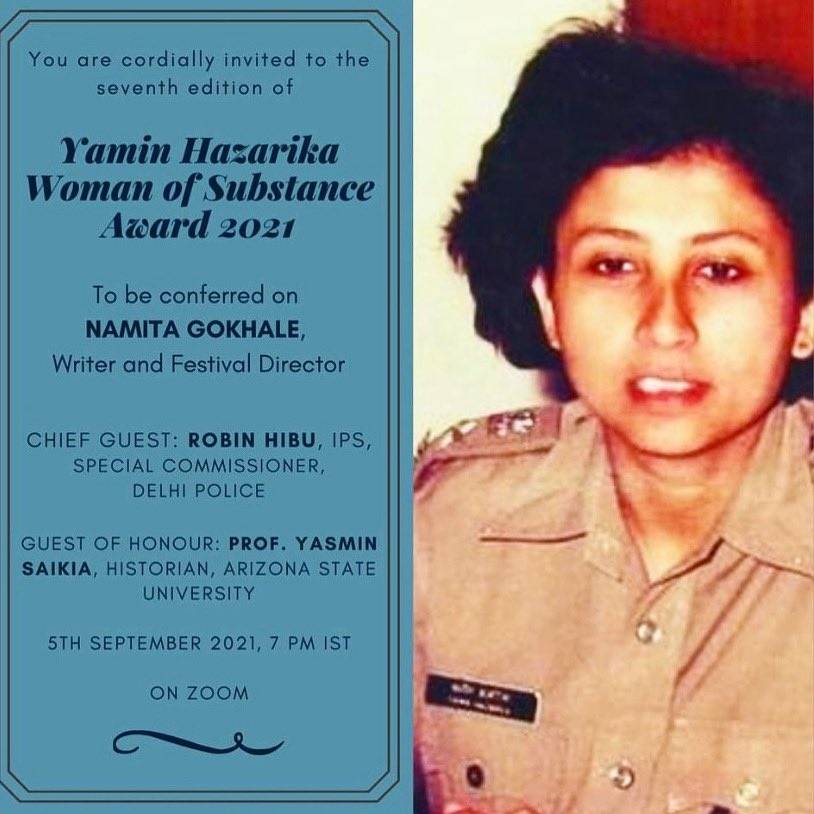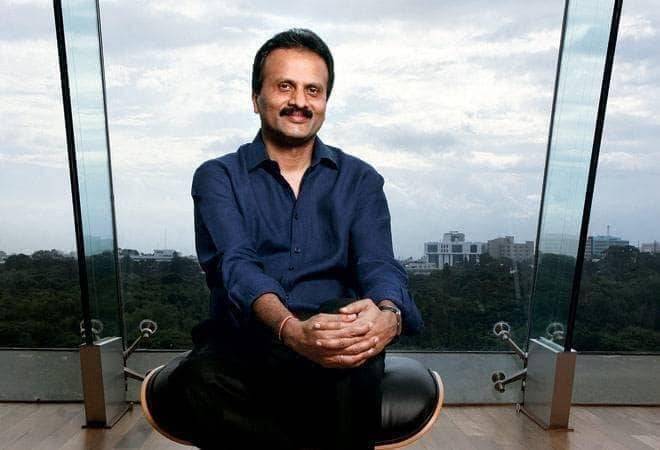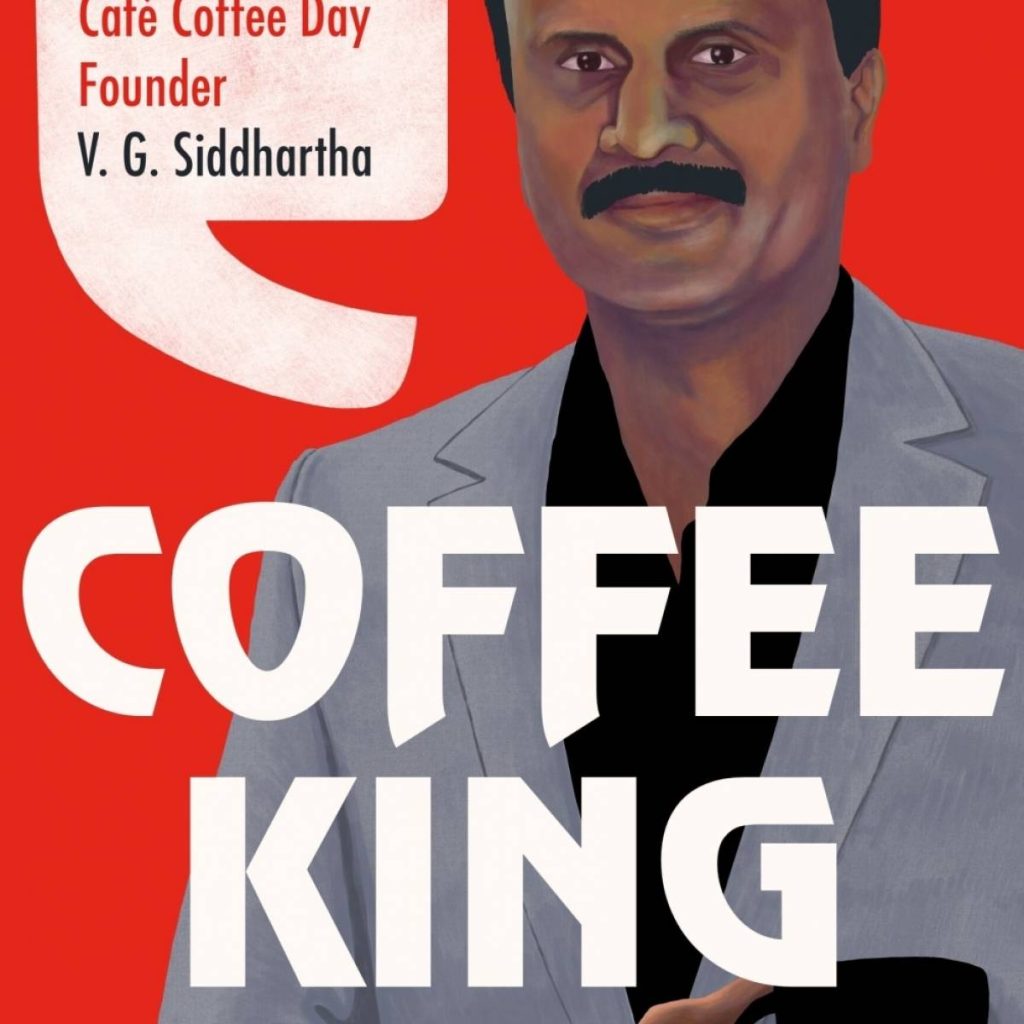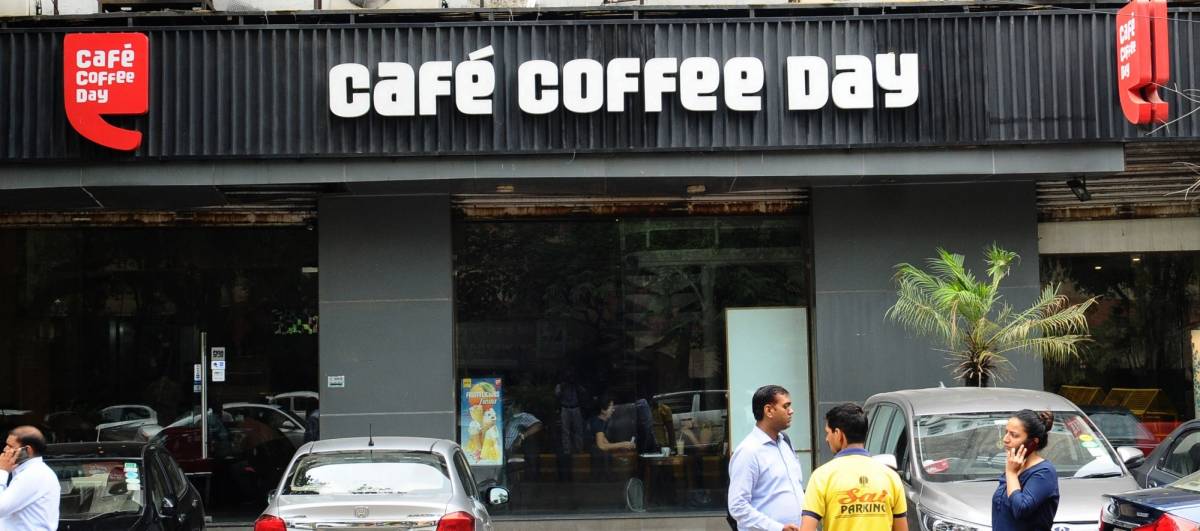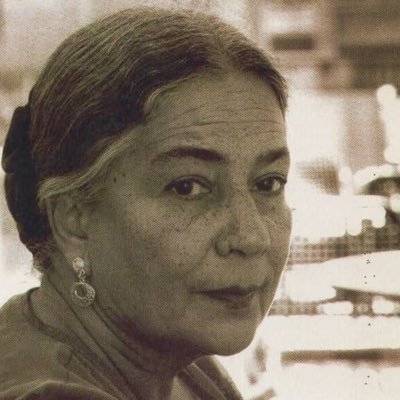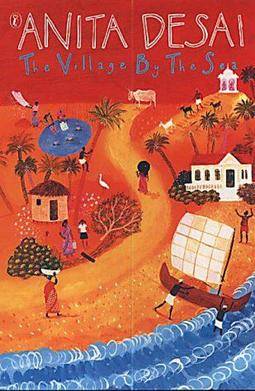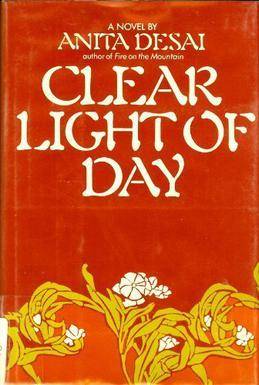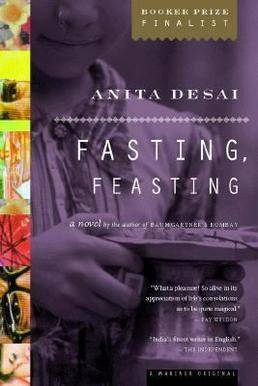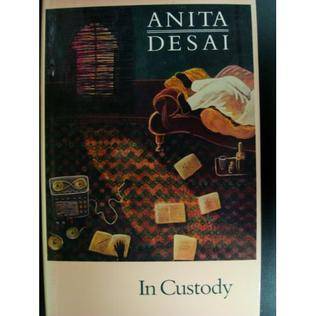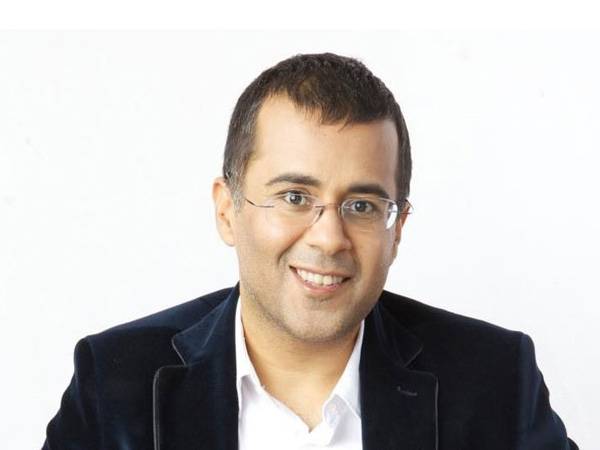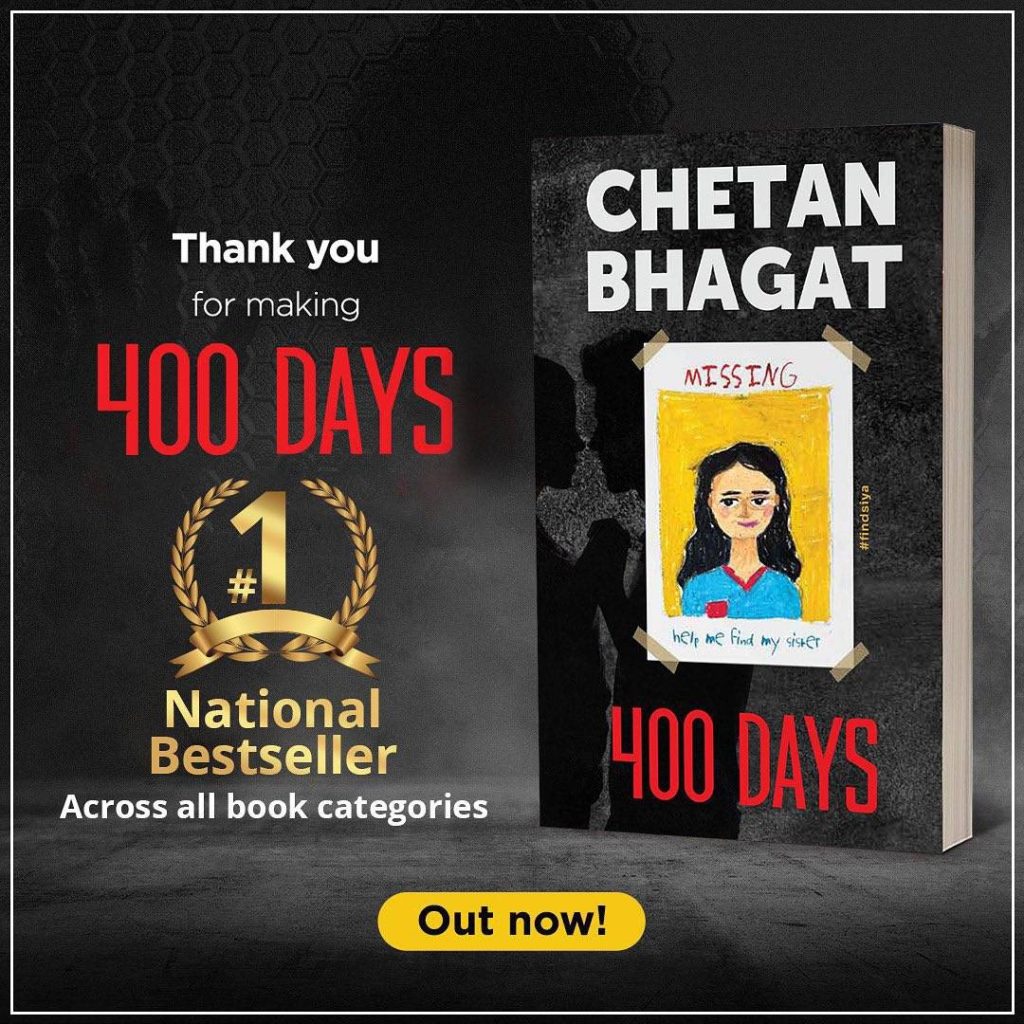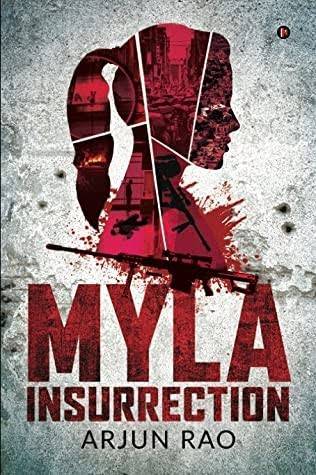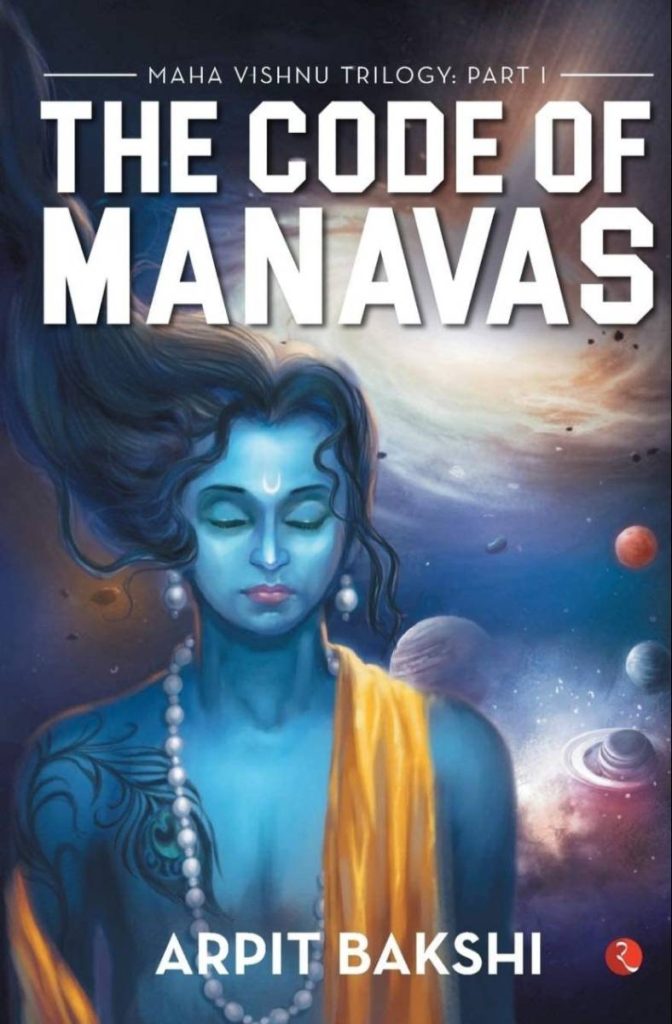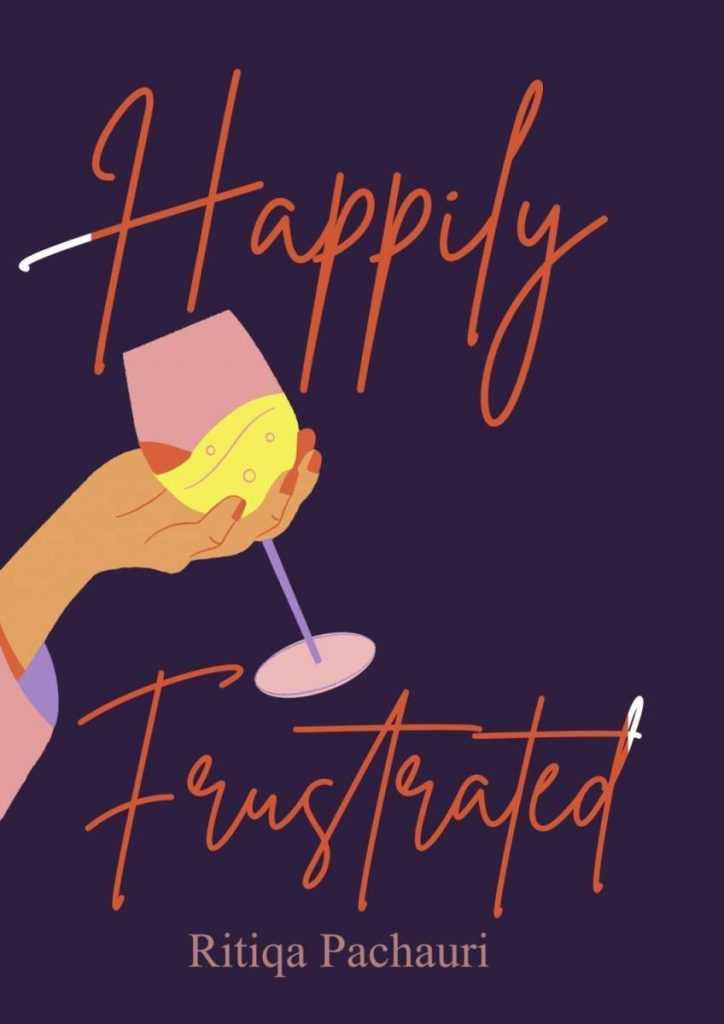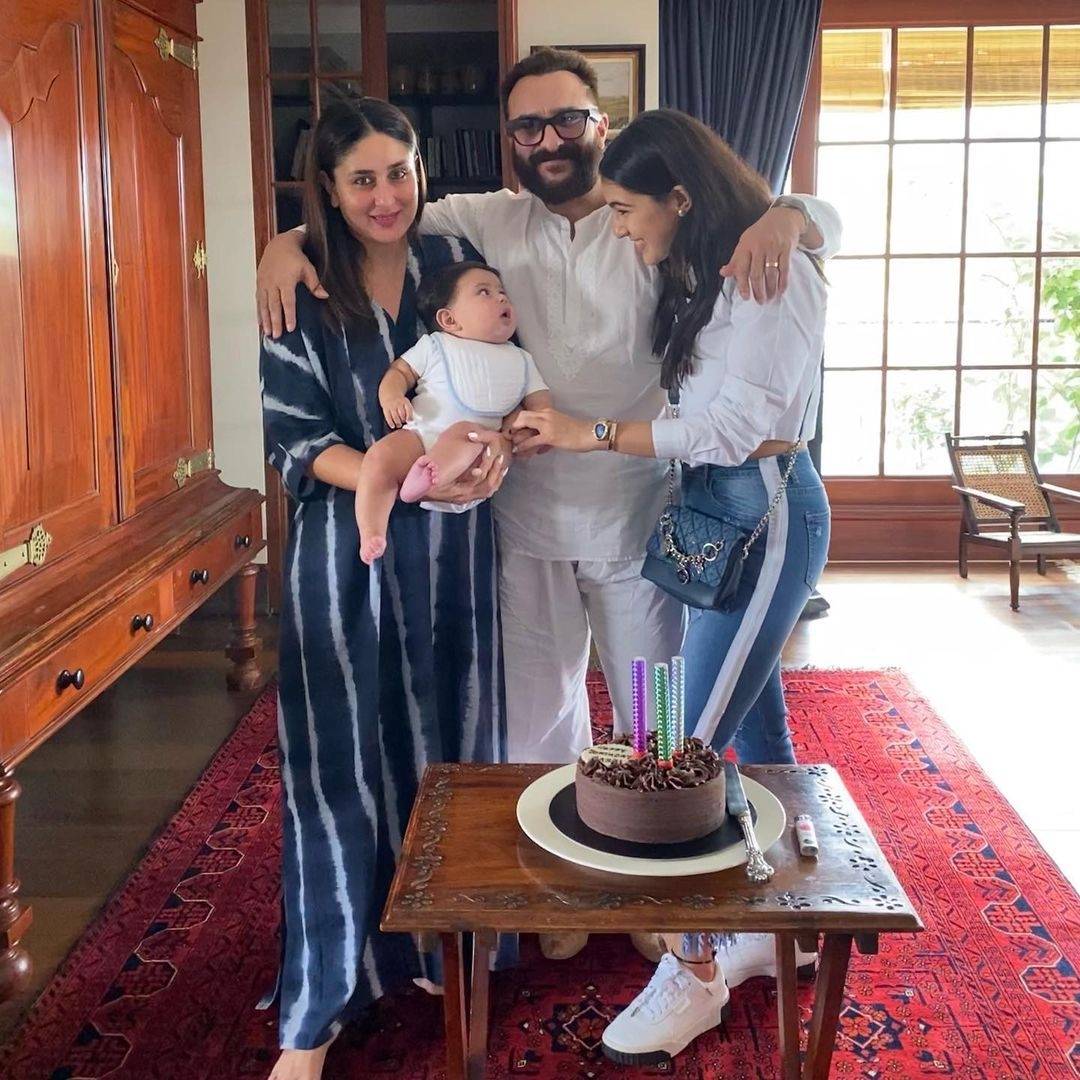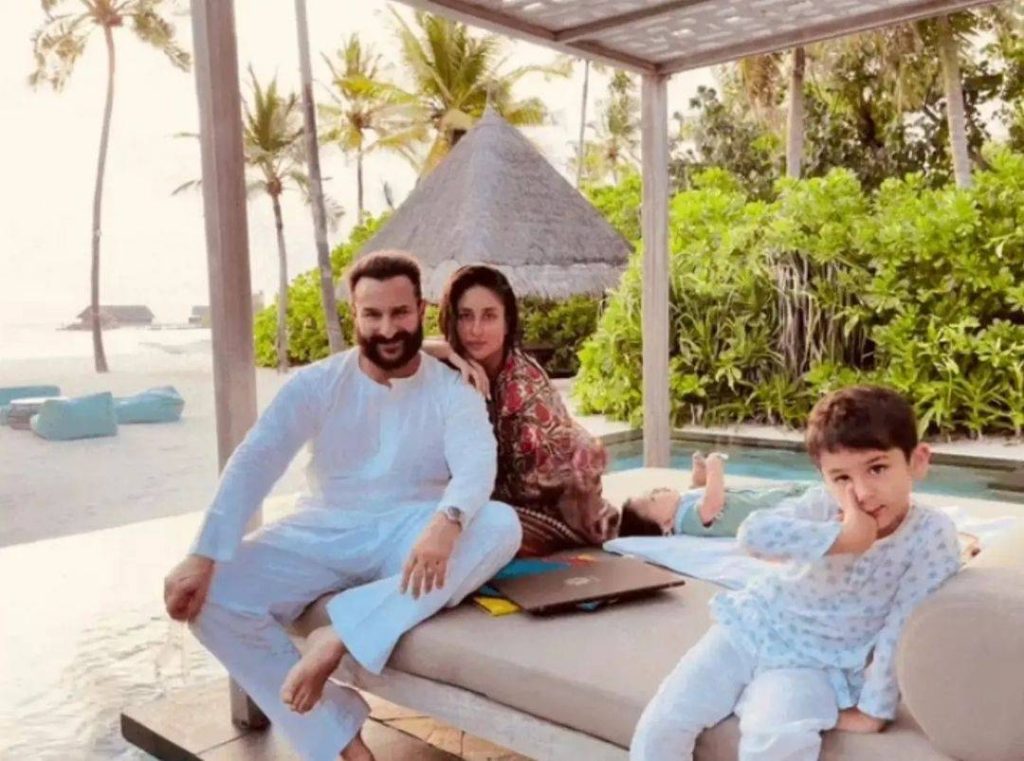The book also talks about household risks and how adopting certain lifestyles can minimise the risk of cancer…writes Vishnu Makhijani
His father being diagnosed with lymphoma prompted Aditya Mohan Wig, a best-selling author and content development consultant with the World Bank, to collaborate with Dr Mrinal Kaushik, whose expertise was in chemotherapy on a book on cancer, specifically in the Indian context.
The book was almost complete when tragedy struck – Dr Kaushik met with a fatal accident in the Mussoorie hills and it was left to Wig to complete “Life After Cancer – An Essential Guide for Patients and Caregivers’ (Bloomsbury).
“By all rights, it should be Dr Kaushik who answers these questions, but he passed away towards the end of this project, before the final draft was submitted. If it had not been for his notes and his vast understanding of the subject well, it’s unlikely this book would have been written,” Wig told in an interview.
It’s a project that had begun in 2018.
“This came about a year or so after my father had been diagnosed with lymphoma (cancer of the lymphatic system). I agreed, for a few reasons: First, it was a crash-course of sorts into the medical process-diagnosis, confirmation, treatments-that my father was undergoing. Second, I had already done some reading on the subject and had realised that while there was a lot of information available, more often than not, it was written by doctors for other doctors, not for the general public.
“Third, after my father’s diagnosis, I had already been grappling with a lot of fear about what might happen. Writing about it helped process that. Fourth was the financial motivation – I was in between jobs at the time, and while I wouldn’t describe the Indian literary market as a particularly good place to earn money, something is better than nothing,” Wig explained.
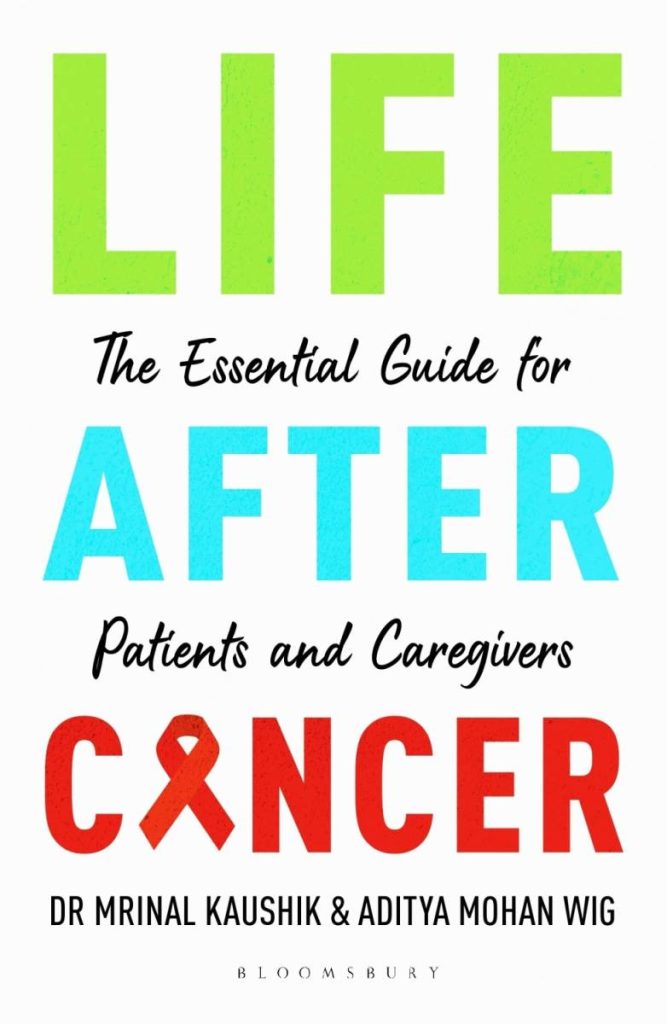
The primary research material was the draft chapters Dr Kaushik had written.
“Before signing on with Bloomsbury, we’d structured the book outline and written a few sample chapters. If I remember right, these were the introduction – a short overview of how our understanding of cancer has evolved over the past few centuries – a chapter on chemotherapy, and a chapter on a carcinogen (I think it was tobacco).
“The research process for this was essentially me first reading Dr Kaushik’s draft of the chapter and then noting down the questions I had, which I figured would be a decent proxy for the questions other people without medical degrees might have. After that, I’d rely either on institutional sources (reports from the Mayo Clinic, the World Health Organization, etc) or on Dr Kaushik’s notes to restructure/ rewrite the chapter based around those questions, which was then sent to Dr Kaushik for review, or for more explanation of a particularly complicated concept,” he said of the manner in which the book was structured.
The book is primarily focussed on two aspects of cancer – known carcinogens (substances that increase a person’s risk of getting cancer) and treatment. Some carcinogens are very well known, like alcohol, tobacco and meat. Others are pretty surprising; for one, even fluorescent lighting is suspected of being a risk factor.
“After a month or so of research, I realised that one reason it is difficult for people to come to grips with the subject is because there are simply so many moving parts in the equation, so many aspects to the disease, so many complicating factors. It is not as straightforward as cigarettes cause cancer; also in the mix are factors like a person’s specific genetic makeup, their individual immune response, their lifestyle, how many other carcinogens they’re being regularly exposed to and so on.
“This complexity can lead to an extraordinary mish-mash of information that can be very difficult for people without medical degrees, like me, to make sense of. This book attempts to put some of that information into context with other relevant information – for example, explaining what the ‘cell cycle’ is so that readers are in a better position to understand the two broad types of anti-cancer drugs – CCSAs and CCNSAs (cell cycle specific and cell cycle non-specific agents),” Wig elaborated.

What, then, are the key aspects that cancer patients and caregivers need to be aware of?
“For one, treatment is not a guaranteed cure. It often dangerous, and can be fatal. For example, some medications cause a condition known as ‘myelosuppression’-the body’s ability to produce blood cells is damaged, which can lead to death. Many anti-cancer drugs are carcinogenic themselves. All the allopathic treatments I’ve personally come across can have major side effects. Dealing with these is a major aspect of treatment, especially for patients and caregivers, since treatment is an extended (weeks- or months-long) process.
“The psychological aspect is another major factor. It’s extremely common to become depressed or fatalistic or to lose hope once a diagnosis has been confirmed. This becomes worse if there are major side effects to the treatment.
“Think of how miserable it feels to simply be hung over; now imagine feeling the same way because of a medication that you have to take for an extended period of time to treat a condition that will probably kill you, especially if you refuse treatment.
“This is also where the fear of death becomes very real. We often refuse to engage with the idea that our loved ones will most certainly die at some point, simply because it’s too painful to deal with. I personally found that this conversation is essential, especially early on when there is still time to have difficult conversations. My own relationship with my father is certainly richer, deeper and more evolved because of it. After acknowledging my own fear of his death – and expressing it to him – it has become a lot easier to be a source of emotional support,” Wig elaborated.
Another miserable reality is the cost. Cancer diagnosis and treatment can often cost tens of lakh rupees, if not more. For most people, this is a life-changing expense. Many people are unable to get treatment because of this, and it can be another factor that causes depression, he said.
The book also talks about household risks and how adopting certain lifestyles can minimise the risk of cancer.
“Three primary household risk factors are tobacco, alcohol and meat. Giving these up – much easier said than done – goes a long way toward reducing the risk. A major aspect of the risk is also the amount of exposure one has to a given carcinogen, and how often it happens. If you find yourself unable to give these up, you can at least reduce the amount you consume, or how often you do so,” Wig said.
Other risks are less easy to address.
“There is little one can do about exposure to Delhi’s air, for example, or the toxins that may be in the water, or in paint, or in cleaning solutions or even in our food. The ideal solution, as I understand it, would simply be not to live in a city; however, that’s again easier said than done.

“Reducing the risks often involves giving up pleasurable lifestyles – it is as simple as that. The balance one chooses to strike is a personal choice; this much risk for that much pleasure. Of course, another way to look at it is that 70 or 80 years from today, most people reading this will have passed on, cancer or no cancer.
“There is no ‘total protection’ from risk, and I personally feel is somewhat futile to attempt to create such a bubble. Live as healthily as you are able, and be honest – at least with yourself – about the risks you are taking. The rest is largely out of our hands,” Wig concluded.




